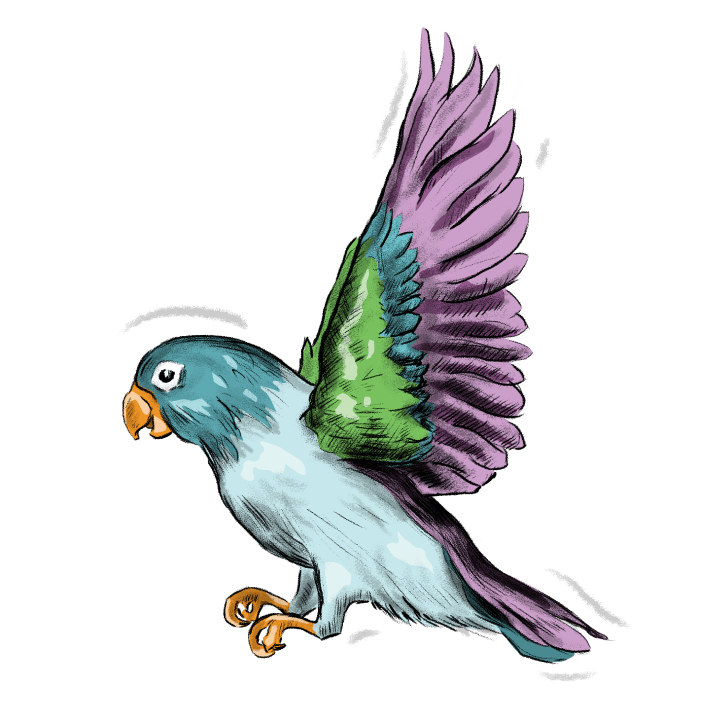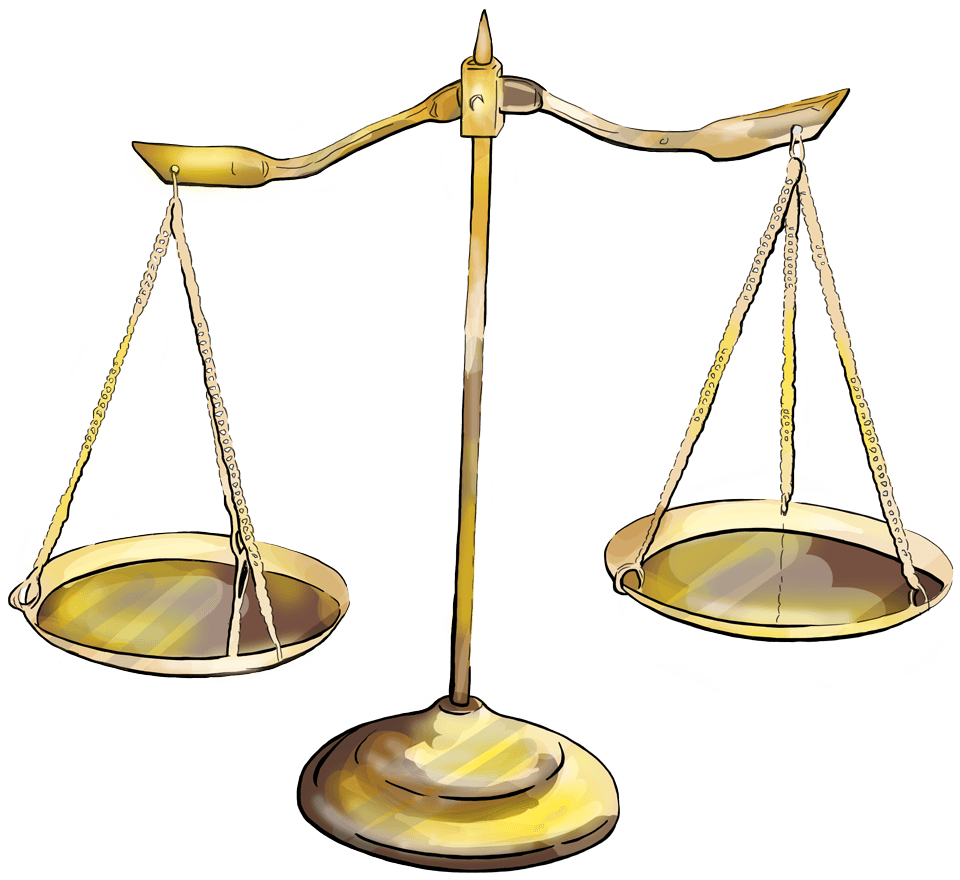A) The Statement Phase
1 Report to Police
When you told the police what happened to you or what you saw - this is called “taking your statement”. You might remember that this was recorded.
2 The Arrest
When the police make an arrest the Court process begins. At this stage a PACT Support Person may get in touch with you.
B) The Court Phase
3 Preparing for Court
The police officer who took your statement is now called the Arresting Officer or AO. They will be in touch from time to time to let you know about important dates or things happening with your matter. Your PACT Support Person may also be in touch with you.
4 Committal
This is where a Magistrate will decide if the matter will go to trial. It is unlikely that you will be involved in this stage but if you are, your PACT Support Person will be there to help. The police will present the facts of the case for the Judge to make a decision if the matter will go ahead. If this happens, the matter will then be handed from the police to the Office of the Department of Public Prosecutions or ODPP, for them to manage (this is called an indictment - stage 5 below).
5 Indictment
When a Magistrate decides to commit the case to trial an indictment is presented. This is all just a normal part of the legal process but makes it clear who is responsible for managing the matter. You might hear about this happening but it is unlikely that you will be involved.
6 Mention
Another administrative part of the Court process is called a mention - this is between the lawyers and the Judge. You might hear about this but won;t need to be involved. A mention will usually happen every 2 to 3 months. When these occur, your PACT Support Person may check in with you to see how you are going.

C) The Trial Phase
7 Review of your Police Statement
To help you remember what you told the police, you will go to a police station or an office of the ODPP to watch the recording of your original police statement. This is sometimes called a “93A”; your PACT Support Person will sit with you while you watch this recording.
8 Prosecutors Conference
When you have finished watching the recording of your statement, the Prosecutor will come and talk to you about your statement, the types of questions you may be asked and to answer any questions you might have. Your PACT Support Person will be with you at this time.
9 Giving Evidence
Sometimes on the same day, but usually a few days later, you will be required to go to the Courthouse to give evidence. This will mean that you will sit in front of a TV screen in a separate room where the Judge, the Prosecutor and Defence will speak with you from the Courtroom and ask you questions. This is the opportunity for you to tell the Judge what happened. This is recorded for others to watch later and is called “your evidence” or called a “pre-record” or a “21AK”. Your PACT Support Person will be with you at this time.
10 Trail and Delivering a Verdict
Sometime after you have given your evidence, this could days, weeks or months, the trial will occur. At the trial, your pre-recorded evidence will be played to the Court. Your PACT Support Person or the DPP will update you on when this is happening but you will not be required to be there.
At the end of the trial, the Jury will return a verdict to the Judge of “guilty” or “not guilty”. The ODPP will let you know this verdict.
11 Sentencing
If there is a guilty verdict or the defendant pleads guilty to the offence(s) the Judge will decide what the sentence will be. Sentencing might happen on the day of the verdict but might also happen later. You are not required to be at sentencing but you are able to write about how you have been affected by what happened to you. Your PACT Support Person can support you to write about your experiences and this is called a Victim Impact Statement. A Victim Impact Statement is helpful for the Judge in deciding the sentence.
